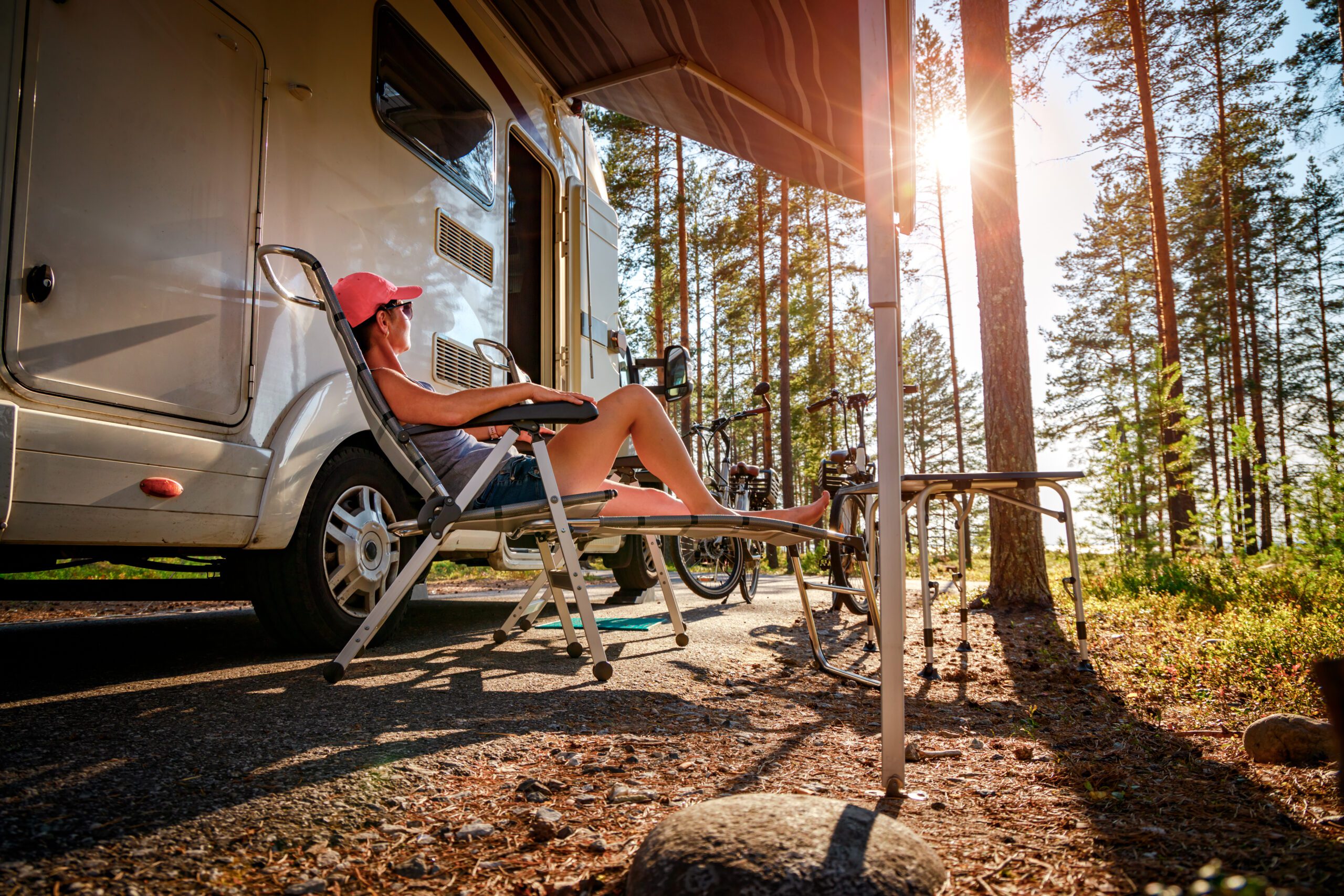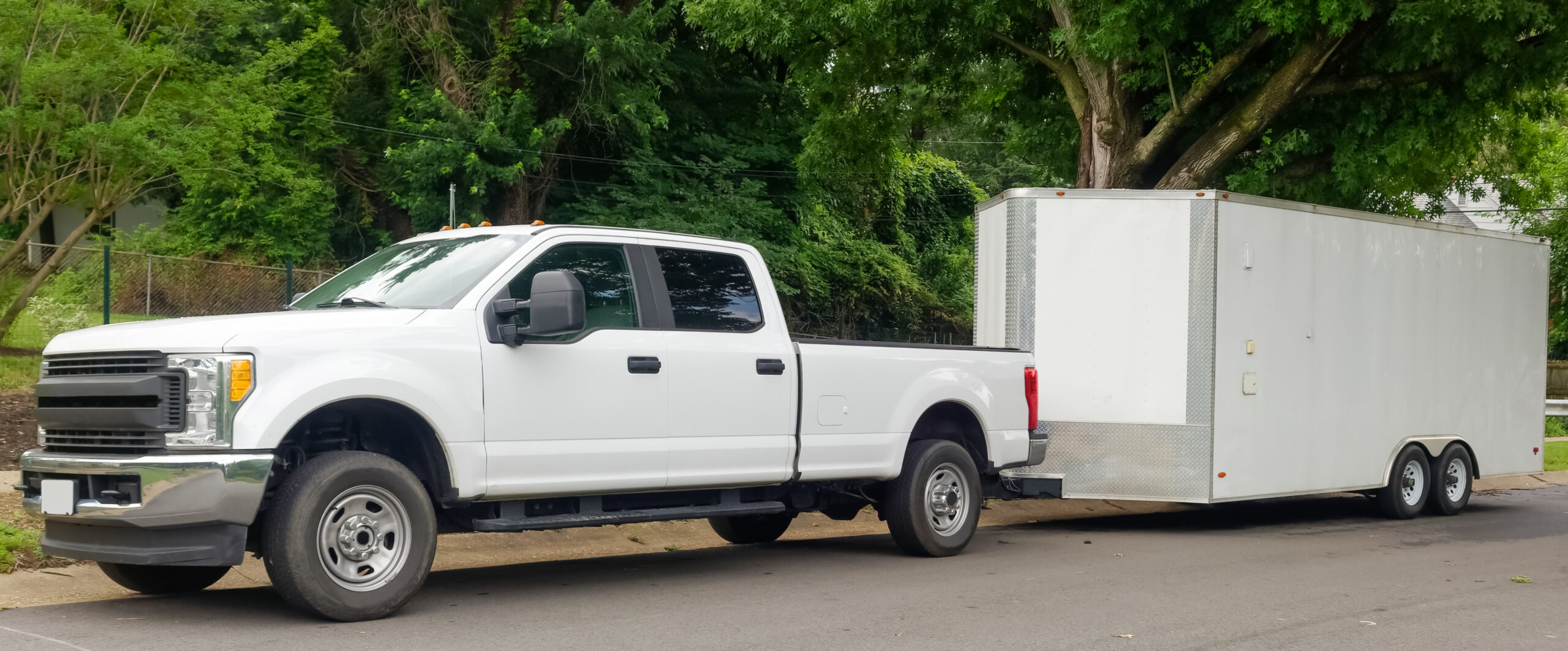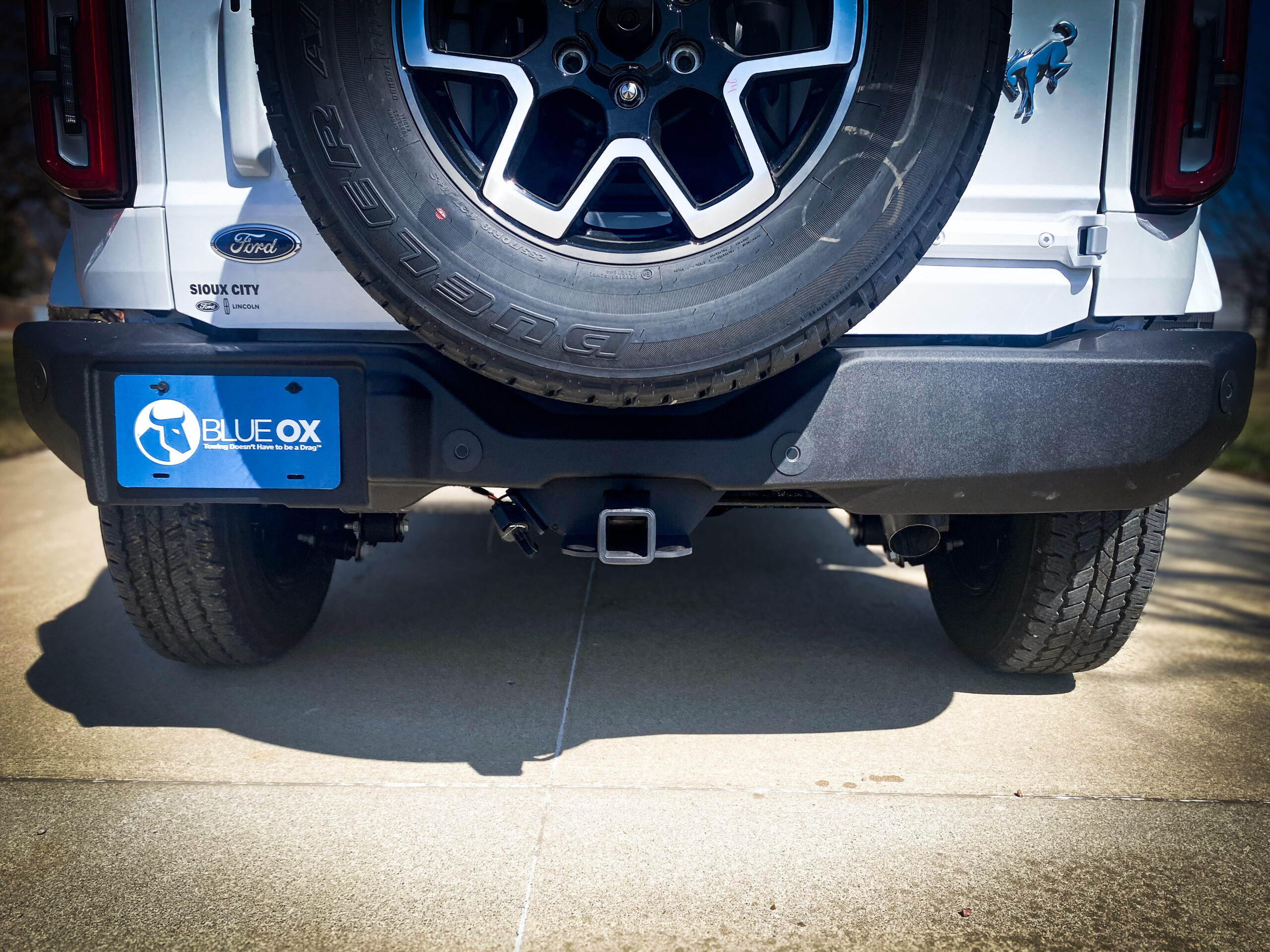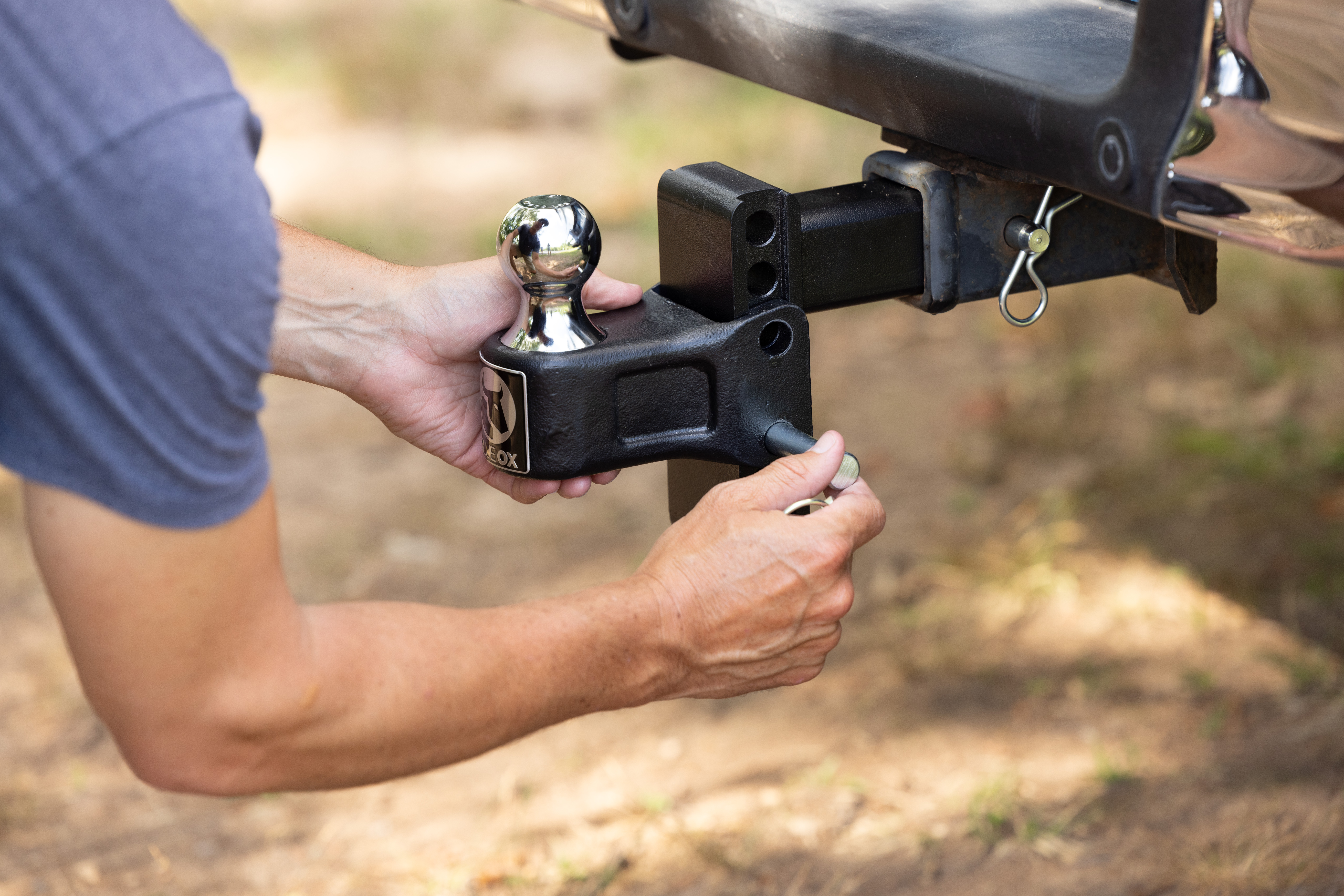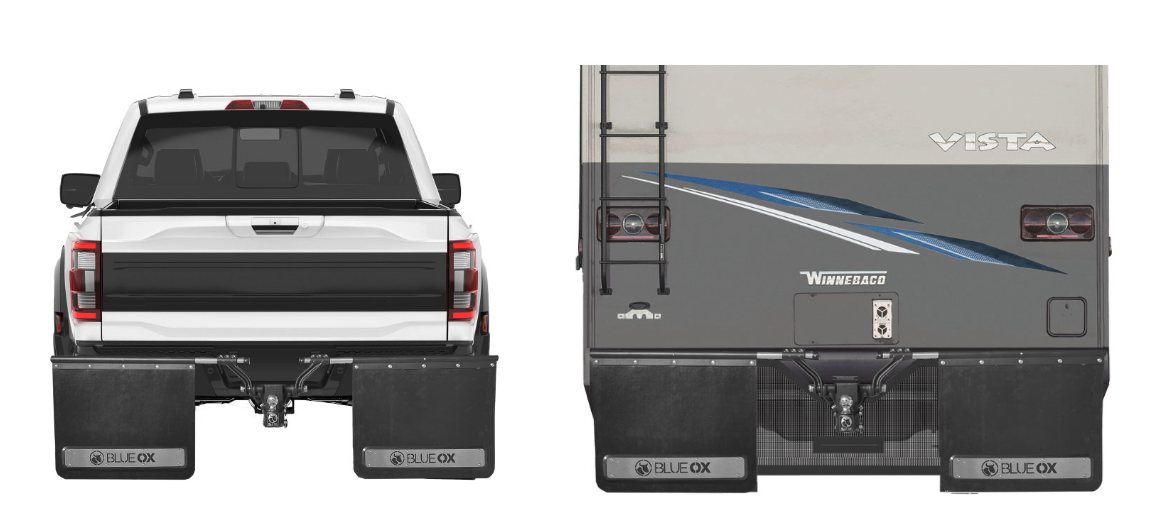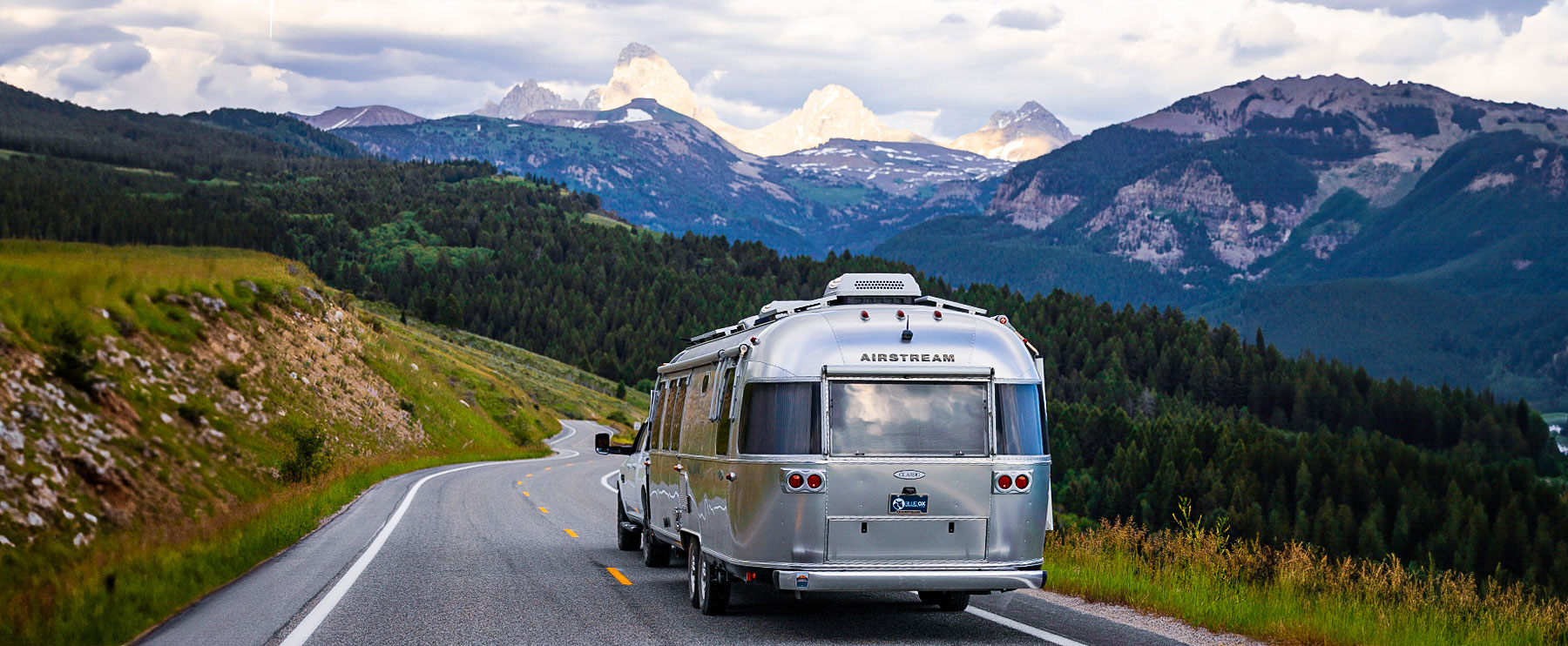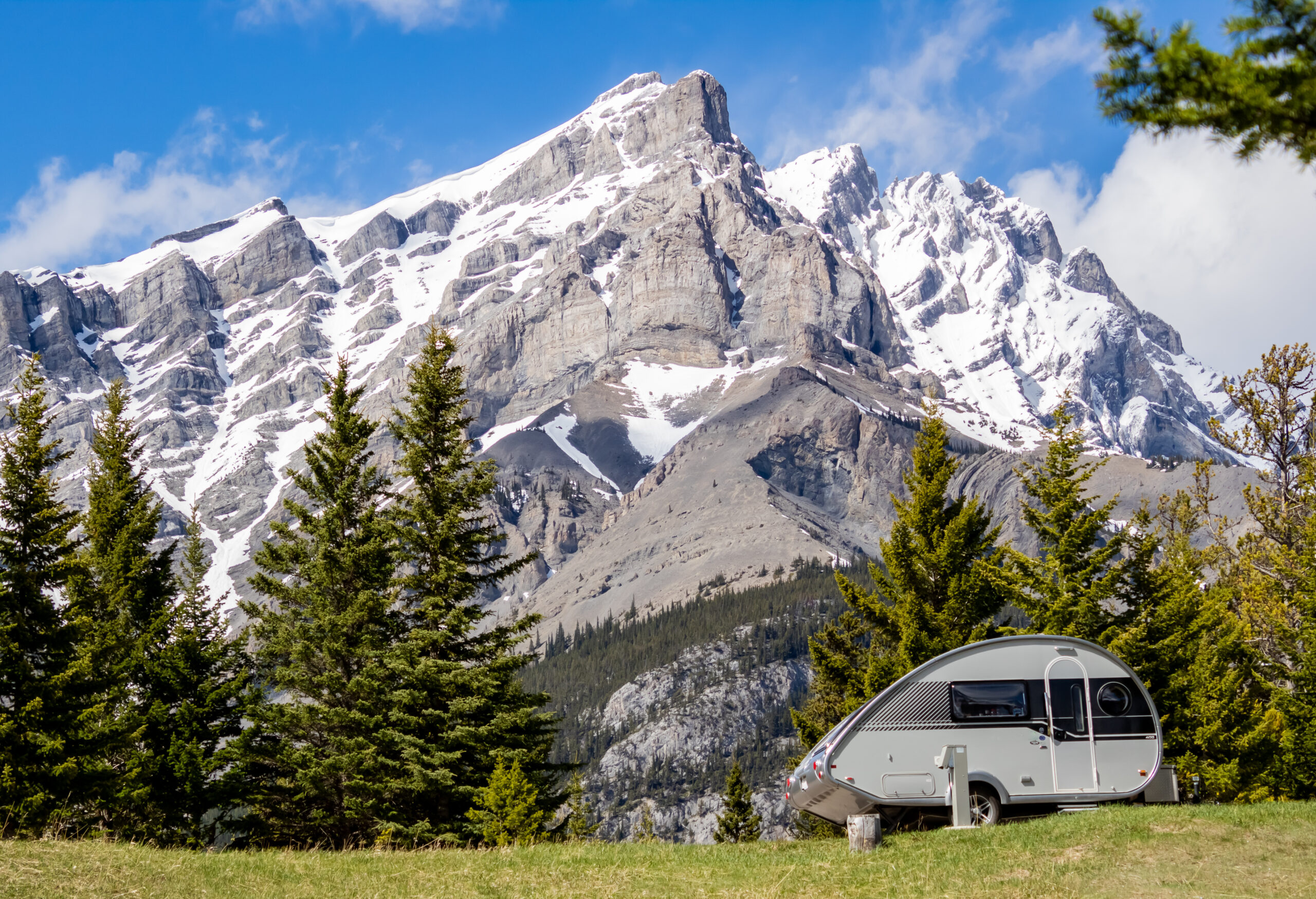Hitting the open road in your RV is a great American pastime that evokes feelings of fun, freedom, and family time. But once you are in the driver’s seat, you may feel nervous that you aren’t as prepared as you thought. Driving a motorhome or a towable RV might be intimidating for novice RV owners, especially if you pick a bigger model and are still learning the ropes. However, with these safety tips, you can feel confident on the road once you reach your destination.
Have The Right Equipment Before You Hit The Road
One of the most important parts of RV safety is having the right equipment. You won’t be ready to hit the road until you’ve made sure you can do so safely. Here are some pieces of equipment that will make your travels safe and smooth.
Flat Tow Brake
When you are driving a motorhome, chances are you will want to have a separate vehicle with you so you can get around town easier when you get to your destination. When you are flat towing a vehicle behind your RV, you will need to have a flat tow brake like the Patriot Brake installed. A flat tow brake system is a device that applies the brakes of your towed vehicle based on driver input inside the RV. When the tow vehicle’s brake pedal is pressed, or the remote is used to engage the brakes, the tow brake is activated. This will help you stop sooner and avoid getting into an accident or wearing down your RV’s brakes. It is also the law in most states that a flat tow brake must be installed.
Quality Tow Bar
Another important piece of equipment you will need when flat towing behind your RV is a high-quality tow bar. Not all tow bars are created equal, and you should have one installed that you trust to take you across the hundreds or thousands of miles you plan to travel. Be sure that you have a tow bar with the correct tow capacity for your setup. Blue Ox tow bars are made from high-quality materials and rated for tow capacities from 6,500 to 15,000 lbs.
Trailer Breakaway Cables
A trailer breakaway cable is a safety connection that links the trailer’s brake system to the back of your tow vehicle. The cable is in place in case your trailer becomes detached from your tow vehicle. If the trailer becomes unhooked, the pin will pull out of the box, triggering the trailer brakes. Failing to have a trailer breakaway cable could mean you not only lose your trailer but you cause an accident in the process. We offer the Patriot breakaway switch for exactly this purpose.
RV Safety On the Road
Once you’re on the road, there are some additional safety tips you’ll want to know about.
Be Aware of Your Size and Weight
RVs are significantly larger than passenger cars that you’re likely used to driving. As a result, you have to consider additional things such as height clearance and turning radius. Before you begin driving, determine the height of your RV to avoid low bridges or underpasses. The size of your RV is also an important factor when choosing a location. Don’t assume that an RV park offers spots that will accommodate your RV. Always call ahead to confirm. Knowing the weight of your RV is vital while traveling on routes with weight limitations. Larger RVs and travel trailers may not be permitted on roads that are incapable of supporting their weight.
Take It Slow
Enjoy the journey and take your time. You should not feel the need for speed when driving an RV or towing a camper. Driving an RV too fast increases the chance of an accident dramatically. With so much weight behind you, braking takes longer, so you’ll need to leave extra space between yourself and the vehicles in front of you. You’ll also need to be more vigilant in order to respond quickly when you spot brake lights ahead. Crosswinds (winds blowing perpendicular to your RV) are also more dangerous to RVs than to passenger cars. So be aware of the weather and slow down if winds are particularly high.
Remove Your Tow Bar Before Backing Up
When your RV is in a tight spot and you need to adjust your position, it may be tempting to back up with the tow bar still attached. However, doing so will cause damage to the tow bar as well as the towed vehicle and your RV. You risk bending or jamming the arm locks, which may make it extremely difficult to unhook the tow bar. And unfortunately, if your tow bar is bent or too damaged, it won’t be safe to use anymore.
Load Your RV Properly
Every trailer has a maximum amount of weight it can safely carry, and every vehicle has a maximum amount of weight it can safely tow. You need to know the towing capacity so you can load and distribute the cargo of your camper properly and safely. Ignoring these weight limits is likely to cause damage to your vehicle and could not only end your trip early but cost you thousands of dollars in repairs.
RV Safety At Your Campsite
Once you reach your destination, you can finally relax and enjoy each other’s company. However, there are still a few safety tips to follow that will make your time more pleasant and avoid potential problems.
Keep Your Phone With You
As much as many people want to unplug when they are RVing, keeping your phone handy is important in case of an emergency. You could get lost walking a nearby trail, get locked in the campsite bathroom, or get injured and need to call for assistance. These things aren’t likely to happen, but it’s best to be capable of calling for help when you need it.
Don’t Leave Your Keys Behind
Being settled in at your campsite means it’s time to go exploring. However, if you are going to be away from your RV or vehicle for any amount of time, you should take your keys with you, even if it’s just a trip down to the campsite bathrooms. Your RV is essentially your home on wheels, so leaving it unattended and unlocked could leave you vulnerable to theft of your possessions or, worse, the RV itself.
Stay Safe on the Road with Blue Ox Tow Equipment
Blue Ox offers a variety of equipment to help you stay safe when you’re on the open road in your RV. Browse all of our towing equipment online, and take a look at our Towing 101 Guide for more in-depth information about towing safety.

